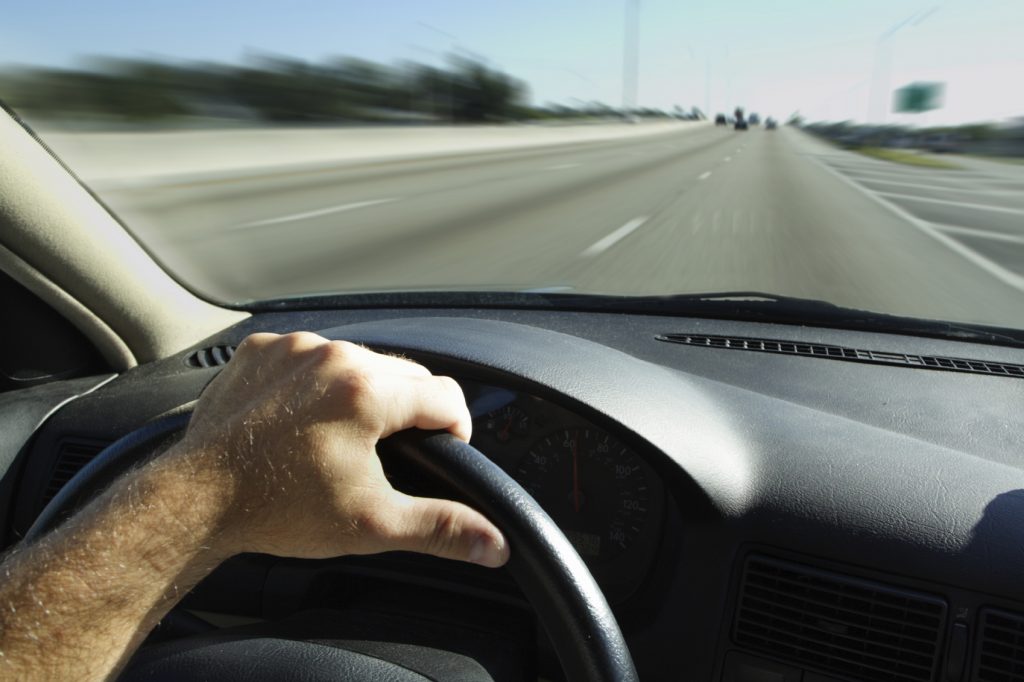Ever since the invention and further development of electric power steering (EPS) in the 1990`s, automobile companies have been improving the electric system so it may eventually become the only power steering system offered. This is mainly due to the fact that EPS systems offers much higher fuel economy, with some cars like the Chevrolet 2013 Malibu improving fuel economy by 2.5% and saving owners twelve gallons of gas a year. The electric power steering system of German parts manufacturer ZF Lenksysteme is said to use 90% less energy than hydraulic power steering.
How They Work
Even though hydraulics are becoming phased out, if you’re going into any type of auto career you will work with these cars for several decades to come. Hydraulic power steering works by having a pump attached to the engine which maintains hydraulic fluid pressure. In an EPS system, there is no pump or pistons, which detract from the weight of the car. Instead, there is a simple electric motor on the steering rack. The electricity is generated by the engine, and is only used when you are turning the wheel. Most car owners and automotive service technicians these days will prefer electric power steering over hydraulic, and here are a few of the reasons why:
Cons of Hydraulic Power Steering
- A hydraulic system is more complicated than electric
- EPS gives better response at different speeds compared to hydraulic
- A hydraulic system is heavier
- Hydraulic power systems require hydraulic fluid, meaning more maintenance for auto mechanics
- Hydraulic steering takes power from the engine, reducing fuel mileage
- Electric systems have fewer problems overall than hydraulic power steering
So if it seems like overall the EPS is better for your car, why have hydraulics not been phased out completely? Some car owners prefer the control offered by a hydraulic power system compared to the EPS, which is said to sometimes feel like you’re playing a video game. Car enthusiasts who like to get “feedback” from the tire traction and the weight of their vehicle when turning tend to favour hydraulics, although the maintenance required is still a complaint of most all car owners. All the same, many major car companies including Ford and Porsche have made electric power steering a standard for their vehicles. With fuel economy one of the major selling points in today’s automobile world, it only makes sense that car companies are turning towards a system which is more efficient, cheaper and saves energy.



